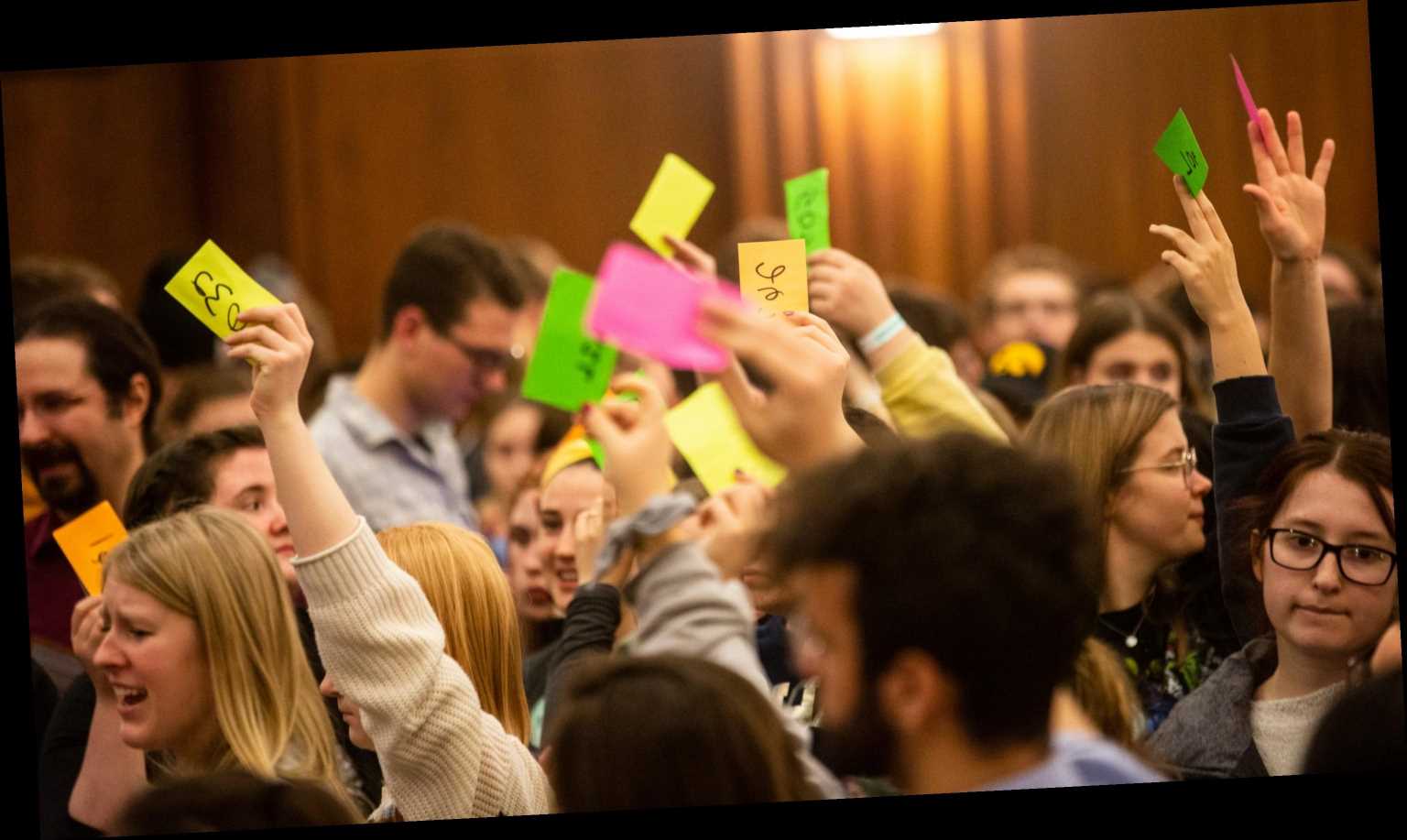When asked why Iowa always goes first in the presidential nomination game, state officials often say their voters take their civic responsibilities especially seriously.
That they do. Now, if the party officials could just count votes.
This year’s “unacceptable” delay in reporting the results of Monday’s Democratic caucuses, as state party leader Troy Price put it, is an egregious electoral dysfunction that further undermines Iowa’s claim to privileged status. It’s also the latest in a string of issues that have plagued the quaint tradition.
Republican caucus chaos in 2012
Eight years ago, Iowa Republicans thought Mitt Romney had won. Two weeks later, however, Rick Santorum was named the victor. In the interim, Romney had comfortably won the New Hampshire primary, perhaps benefiting from the traditional “bounce” afforded the Iowa winner.
In 2016, a tight race and questions about the count on the Democratic side started an ongoing feud between Hillary Clinton and Bernie Sanders.
This year’s meltdown has, quite understandably, increased calls for ditching Iowa’s caucuses. Having one state always take the lead is unfair. Caucuses are more complex and less democratic than primaries. Rule changes made this year’s balloting even more convoluted, and it turned out there wasn’t an app for that.
University of Iowa students hold up numbered cards while they caucus on Feb. 3, 2020, in Iowa City. (Photo: Joseph Cress/Iowa City Press-Citizen/USA TODAY Network)
OPPOSING VIEW: Kill the first-in-the-nation Iowa caucuses? Wait a Hawkeye minute.
Whatever its defenders say, Iowa does no better than any other state would if it it had the candidates for months at a time. Excluding Jimmy Carter, the lone incumbent president forced into a party caucus, Iowa is 50% at picking the eventual nominee.
At times, Iowa almost seems to strive for comical contrarianism. Republicans in 1980, for instance, chose George H.W. Bush, who then lost the nomination. Eight years later, after he had served two terms as vice president, they relegated him to a distant third place with just 18.6% of the vote. He then went on to win the nomination and the election.
Can Buttigieg, Sanders top Trump?
This year, in the 62% of precincts that party officials finally released late Tuesday afternoon, the leaders were Pete Buttigieg and Sanders, two of the top-tier Democratic candidates with some of the dimmest prospects of unseating President Donald Trump.
Sanders would enable Trump to cast the election as a choice between capitalism and socialism. The Vermont senator holds positions — ranging from eliminating private health insurance to mass forgiveness of student debt — that would be anathema to the suburban professionals who favored Democrats in the 2018 midterm elections.
Buttigieg, who turned 38 last month, would be the youngest elected president by nearly five years. His résumé ends with a stint as mayor of the nation’s 306th largest city by population.
The best we can say about the delay in counting the vote is that it might lead to change. It is time to end the remaining caucuses, in Iowa and elsewhere, and come up with a rotating system of primaries that would allow other states a chance to go first.
USA TODAY’s editorial opinions are decided by its Editorial Board, separate from the news staff. Most editorials are coupled with an opposing view — a unique USA TODAY feature.
To read more editorials, go to the Opinion front page or sign up for the daily Opinion email newsletter. To respond to this editorial, submit a comment to [email protected].
If you can’t see this reader poll, please refresh your page.
Source: Read Full Article
